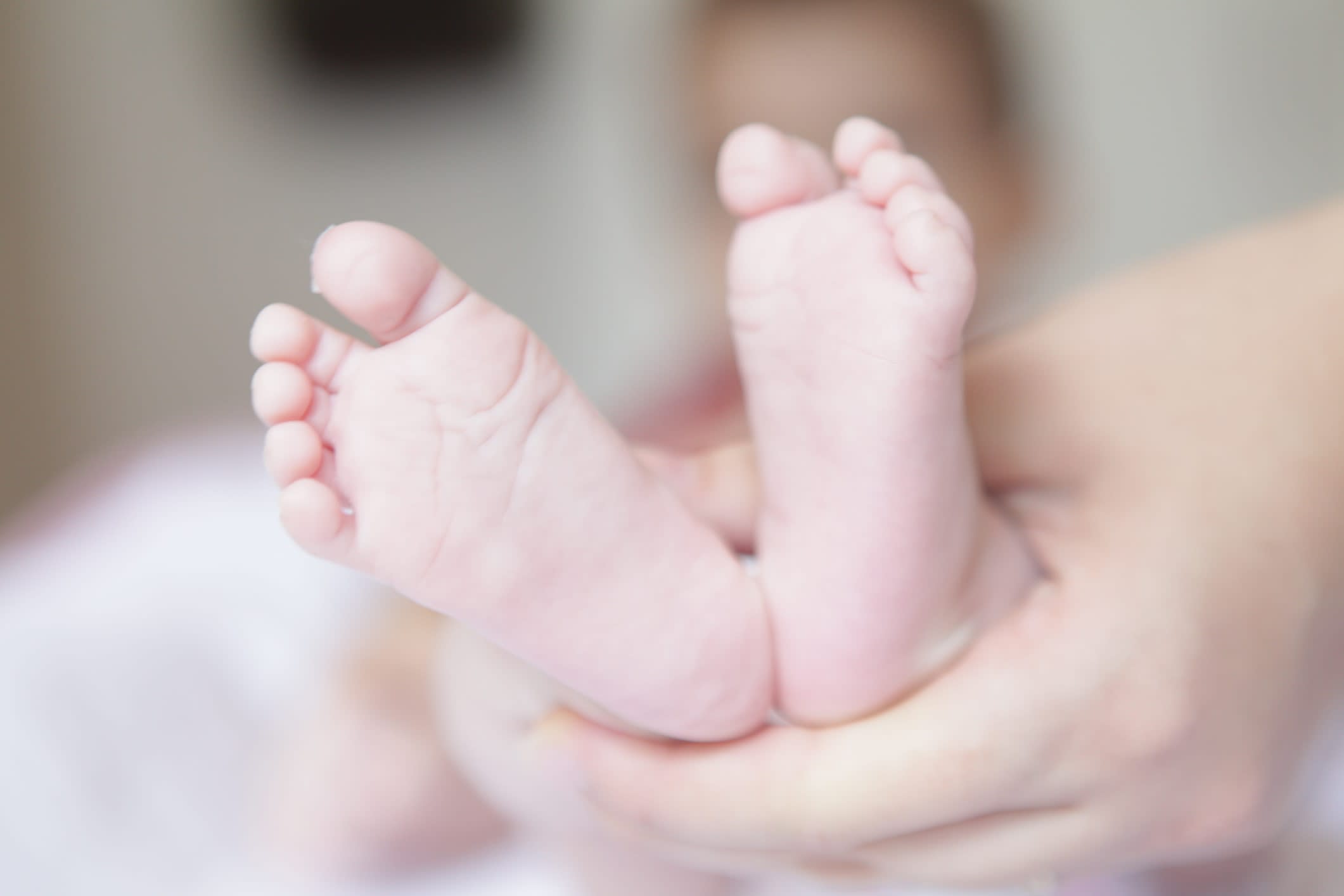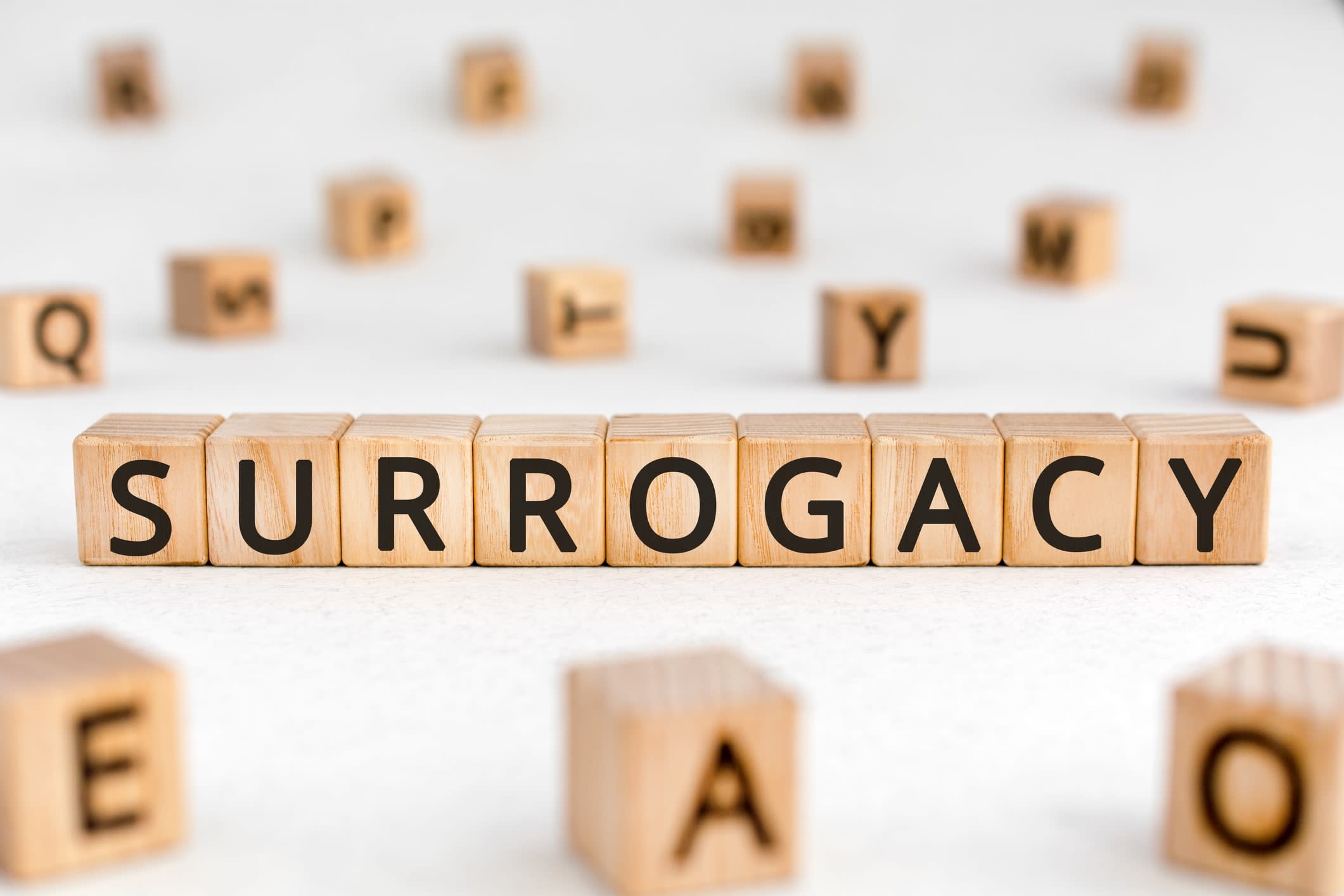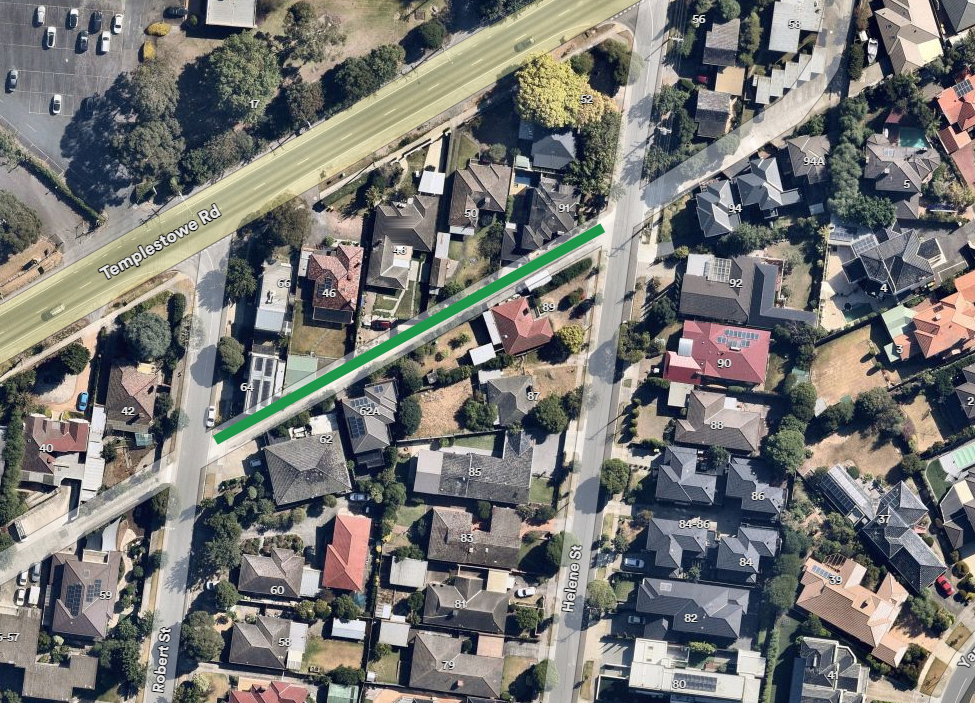On 31 October, the Parentage (Surrogacy) Amendment Bill 2023 was introduced into the Parliament of the Australian Capital Territory (ACT).
Ronli Sifris
Senior Lecturer, Faculty of Law, Deputy Director, Castan Centre for Human Rights Law
The bill purports to address existing gaps and better align the ACT’s surrogacy laws with other Australian jurisdictions.
For example, it replaces the term “substitute parent” with “intended parent”. This is the more accurate term, as a surrogacy arrangement is one in which a surrogate carries and gives birth to a child with the clear intention that the child be parented by another.
The bill also mandates legal advice, counselling, and a written agreement before conception. This is sensible, good practice; it ensures all parties to a surrogacy arrangement have a clear understanding of what’s involved, and have thought through all the possible scenarios and how they would be managed should they eventuate.
Further, the bill establishes age criteria for surrogates, while respecting their pregnancy and birth rights.
Once again, this makes sense. A decision to be a surrogate is significant, with the surrogate agreeing to assume the risks inherent in pregnancy and childbirth for another person or couple. So, it’s rational to expect a certain level of maturity before such risks can be assumed.
Further, the protection of a surrogate’s right to autonomy and bodily integrity is essential from a feminist and human rights perspective.

Purports to remove barriers
The bill purports to improve access to altruistic surrogacy arrangements in the ACT by removing unnecessary and discriminatory barriers.
For example, it removes restrictions on advertising for altruistic surrogacy arrangements to make it easier for intended parents to connect with potential surrogates.
It also removes the prohibition on single people becoming parents through surrogacy. Such an example of discrimination has no place in modern Australia, where many children grow up in single-parent homes. The eradication of such legal discrimination is therefore a welcome development.
In addition, the bill removes the requirement for at least one intended parent to be “a genetic parent of the child” born through surrogacy, and allows the surrogate to use her own eggs, thereby permitting so-called “traditional surrogacy”.
The removal of the requirement for at least one intended parent to be “a genetic parent of the child” born through surrogacy is especially significant. The requirement for a genetic connection makes no sense in the context of the law relating to legal parentage more broadly.
For example, adoption has been legally permitted of eons in circumstances where the parents have no genetic connection to the child.

In more recent years, all Australian jurisdictions have recognised that in circumstances where a couple requires gamete donation to become parents, the person with no genetic connection to the child is still recognised as the child’s parent, and not the egg or sperm donor.
In an interesting development, the bill opens the door a little to allowing intended parents of children born through compensated surrogacy arrangements to be recognised as the legal parents – but only a crack, as they must show the child will otherwise suffer a “pressing disadvantage”.
This is an improvement on the laws of the other states and the Northern Territory, which do not entertain any circumstance in which intended parents of a child born through compensated surrogacy may be recognised as that child’s legal parents.
The bill needs to go further
Nevertheless, it doesn’t go far enough. All children are disadvantaged when the law refuses to recognise their functional family as their legal family.
A child who lives with their parents, calls them mum or dad, and looks to them for safety and security, has just as much of a right to have those parents recognised by law as their legal parents as any other child. It should not be necessary to prove a “pressing disadvantage”, and it remains to be seen how this provision would be interpreted.
Further, while the bill expands the definition of a “reasonable expense” that the surrogate can be reimbursed, the prohibition on compensated surrogacy remains in place, and the offence of compensated surrogacy remains one of extra-territorial operation.
While compensated surrogacy remains prohibited, it’s difficult to imagine a circumstance in which the intended parents would seek a parentage order, even in cases where the child is clearly suffering a “pressing disadvantage”, for fear of being prosecuted.
The Parentage (Surrogacy) Amendment Bill 2023 represents an improvement on the current law. However, if the ACT is serious about protecting children’s rights, it should accept that all children born through surrogacy have a right to have their functional parents recognised as their legal parents. There should be no need to demonstrate “pressing disadvantage”.
Further, the Northern Territory should remove the prohibition on compensated surrogacy so parents of children born through compensated surrogacy arrangements don’t abstain from seeking a parentage order for fear of prosecution.







